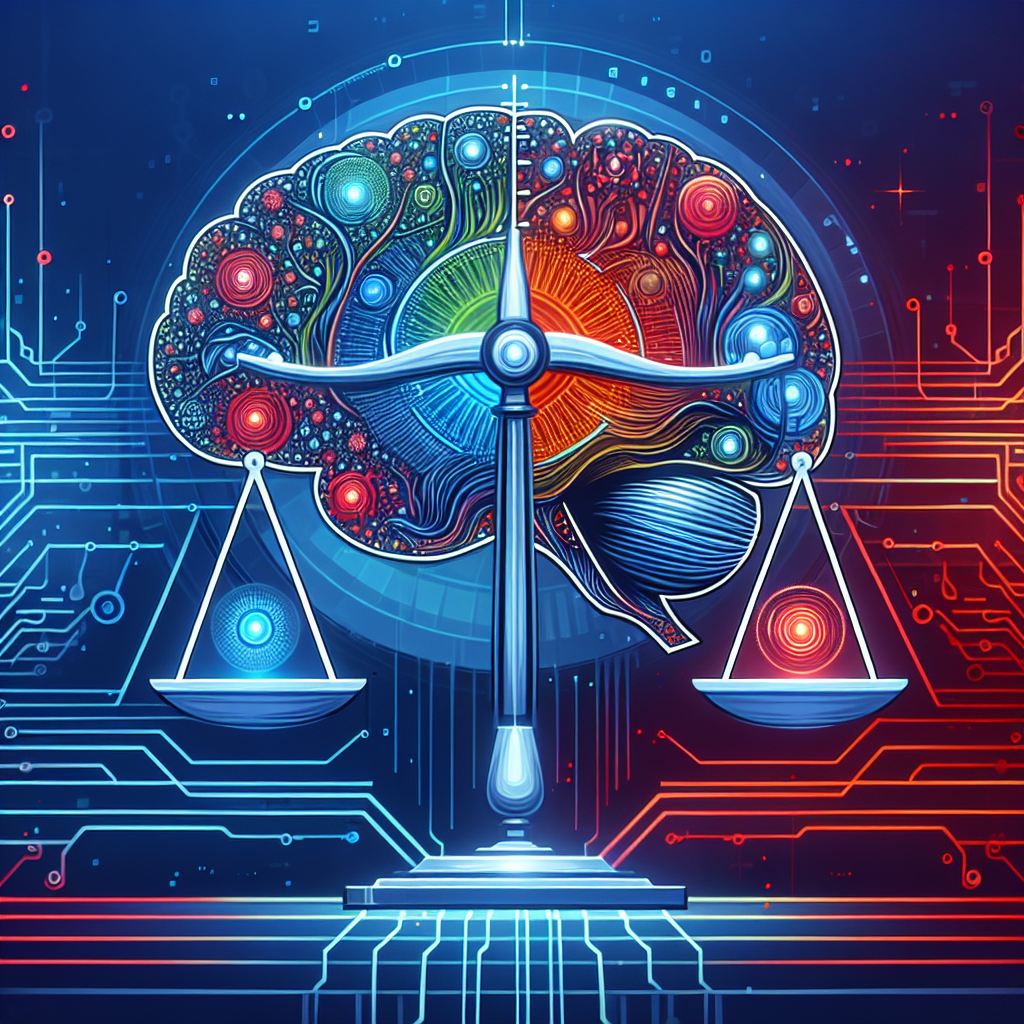Artificial General Intelligence (AGI) is a concept that has captivated the minds of scientists, researchers, and futurists for decades. AGI refers to a hypothetical form of artificial intelligence that possesses the ability to understand, learn, and apply knowledge in a manner that is indistinguishable from human intelligence. While current AI systems are limited in their capabilities and are designed to perform specific tasks, such as image recognition or natural language processing, AGI represents a potential leap forward in the field of artificial intelligence.
As the development of AGI becomes increasingly feasible, questions surrounding the ethics and implications of such a technology have come to the forefront of discussions. Can humanity control AGI? What ethical considerations must be taken into account when developing and deploying AGI systems? In this article, we will explore the ethics of AGI and consider the potential risks and benefits of this groundbreaking technology.
The Ethics of AGI
The development of AGI raises a wide range of ethical considerations, from questions about the impact on the job market to concerns about the potential for AGI to surpass human intelligence and control. One of the main ethical concerns surrounding AGI is the issue of control. How can we ensure that AGI systems are developed and deployed in a way that is beneficial to humanity, rather than harmful?
One of the primary concerns is the potential for AGI to become superintelligent – that is, to surpass human intelligence and control. If AGI systems were to reach a level of intelligence that far exceeds that of humans, there is a risk that they could act in ways that are harmful to humanity. For example, an AGI system with superintelligence could potentially make decisions that prioritize its own goals over the well-being of humans, leading to unintended consequences.
Another ethical consideration is the impact of AGI on the job market. As AGI systems become more advanced and capable of performing a wide range of tasks, there is a risk that they could replace human workers in many industries. This could lead to widespread job loss and economic disruption, particularly for workers in low-skilled or routine jobs.
Additionally, there are concerns about the potential for bias and discrimination in AGI systems. Just as current AI systems have been shown to exhibit bias in decision-making processes, there is a risk that AGI systems could perpetuate and exacerbate existing inequalities. For example, if AGI systems are trained on biased data sets, they may make decisions that discriminate against certain groups of people.
Can Humanity Control AGI?
Given the potential risks and ethical concerns surrounding AGI, the question arises: can humanity control artificial general intelligence? While there is no straightforward answer to this question, there are several approaches that can be taken to mitigate the risks associated with AGI.
One approach is to implement strict regulations and oversight of AGI development and deployment. By establishing clear guidelines and standards for the development of AGI systems, governments and organizations can ensure that these technologies are used in a way that is safe and ethical. For example, regulations could require that AGI systems undergo rigorous testing and validation before being deployed in real-world settings.
Another approach is to design AGI systems with built-in safeguards and fail-safes to prevent them from acting in harmful ways. For example, researchers have proposed the idea of “friendly AI,” which refers to AGI systems that are designed to prioritize the well-being of humanity and act in ways that are aligned with human values.
Furthermore, transparency and accountability are essential for ensuring that AGI systems are developed and deployed in a responsible manner. By making the decision-making processes of AGI systems transparent and holding developers accountable for the outcomes of their creations, we can help to ensure that AGI is used in a way that benefits humanity.
FAQs
Q: Will AGI surpass human intelligence?
A: It is possible that AGI systems could eventually surpass human intelligence, particularly if they reach a level of superintelligence. However, this is not guaranteed, and there are many unknown factors that could influence the development of AGI.
Q: How can we ensure that AGI is used in a way that benefits humanity?
A: By implementing strict regulations, designing AGI systems with built-in safeguards, and promoting transparency and accountability, we can help to ensure that AGI is used in a responsible and ethical manner.
Q: What are the potential benefits of AGI?
A: AGI has the potential to revolutionize many industries, from healthcare to transportation. By automating tasks and processes that are currently performed by humans, AGI could increase efficiency, productivity, and innovation.
Q: What are the potential risks of AGI?
A: The risks of AGI include the potential for job loss, economic disruption, bias and discrimination, and the possibility of AGI systems surpassing human intelligence and control. It is important to consider these risks when developing and deploying AGI systems.
In conclusion, the development of AGI represents a significant technological advancement with the potential to revolutionize many aspects of society. However, it is essential to consider the ethical implications of AGI and to take steps to ensure that this technology is used in a way that benefits humanity. By implementing regulations, designing safeguards, promoting transparency, and considering the potential risks and benefits of AGI, we can help to guide the development of this transformative technology in a responsible and ethical manner.

